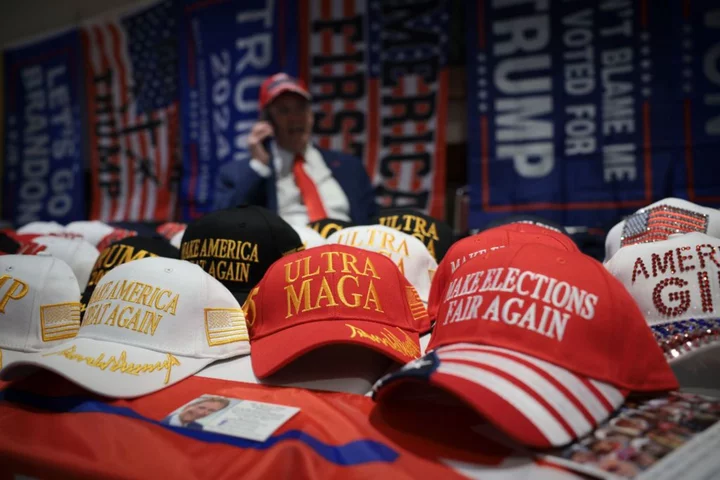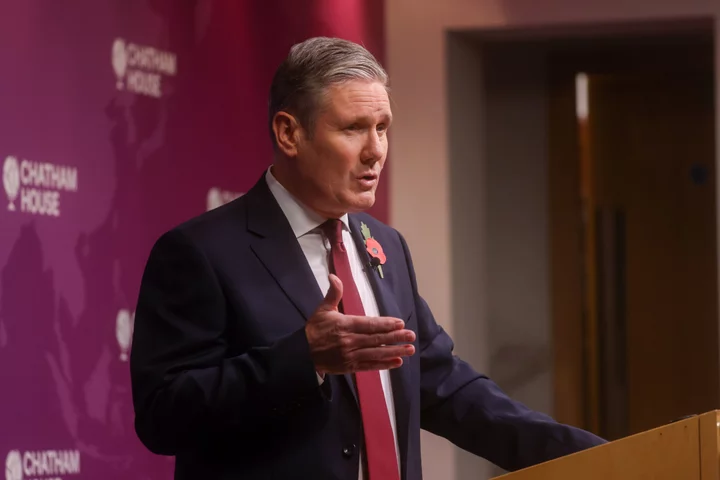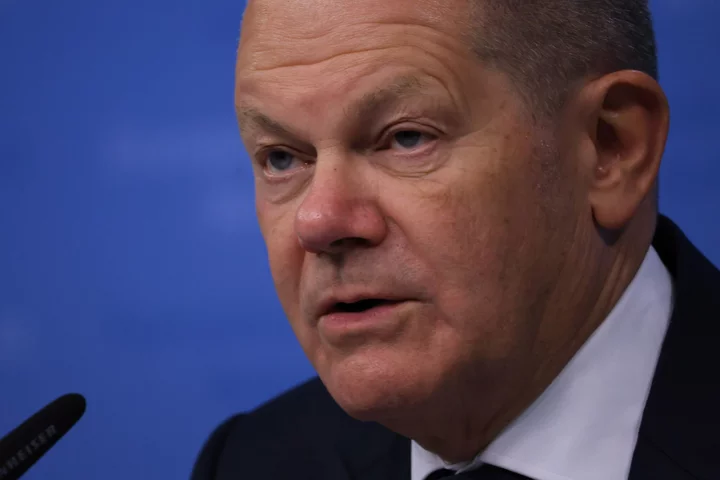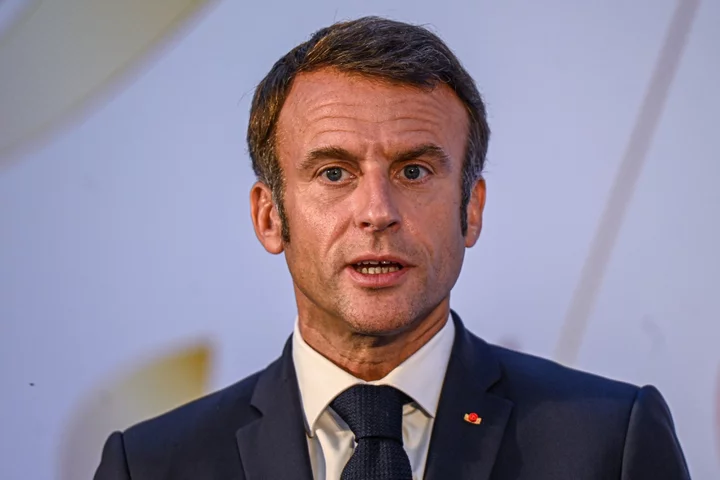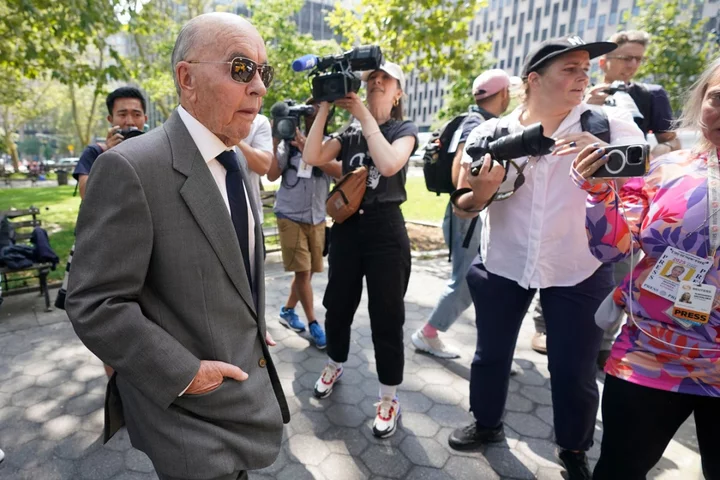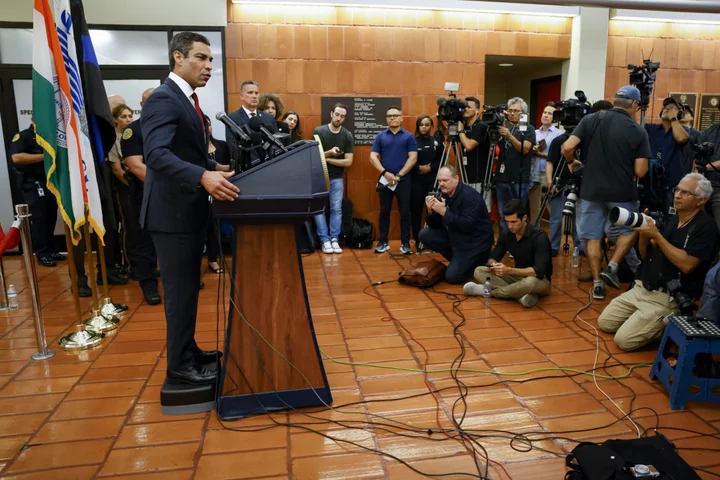The federal indictment against Donald Trump is rooted in the contents of the classified documents he kept after leaving the White House, but charging papers show how the famously unfiltered former president’s own words helped prosecutors build a case against him.
In order to win at trial, Special Counsel Jack Smith’s team will have to persuade a jury that Trump not only mishandled sensitive national security information and interfered with the government’s efforts to get the records back, but that he did so “willfully” and “knowingly.” It’s a high bar to clear, and one that requires tapping into a defendant’s state of mind.
The numerous Trump quotations in the 44-page indictment unsealed on Friday – from his 2016 attacks on political rival Hillary Clinton to what prosecutors described as recorded comments in 2021 lamenting that he could no longer declassify a military “plan of attack” he still had – provide rhetorical flourish to the indictment, said former New York federal prosecutor Sarah Krissoff. They “show that he’s saying one thing and doing another,” she said.
But more importantly, she said, Trump’s running commentary over the years is an important way the special counsel office can “show that he knew exactly what he was supposed to do with these documents and didn’t do that.”
Read more: Trump Tried to Hide Documents, Share Secrets, Indictment Alleges
The indictment goes back to 2016, offering five excerpts from Trump’s campaign speeches attacking Clinton for her use of a private email server. Prosecutors highlighted that Trump declared his intention, if elected, to “enforce all laws concerning the protection of classified information.”
“No one will be above the law,” Trump is quoted from August 2016 – echoing comments that Smith made on Friday announcing the indictment.
Prosecutors excerpted from Trump’s remarks at a February 2017 press conference shortly after he’d taken office, when he criticized people who shared classified information with the media and said they should be “ashamed.” And in July 2018, when the White House announced it was revoking or reviewing security clearances of former officials who had emerged as his critics or political foes, prosecutors pulled from a statement he put out at the time.
“Such access is particularly inappropriate when former officials have transitioned into highly partisan positions and seek to use real or perceived access to sensitive information to validate their political attacks,” they quoted from the statement. “Any access granted to our nation’s secrets should be in furtherance of national, not personal, interests.”
More recently, in a July 2021 meeting at Trump’s Bedminster, New Jersey, golf club, prosecutors say the former president was recorded talking about a military “plan of attack” document that was “highly confidential” and “secret” – and the government alleges he showed it to other attendees who lacked the required security clearance to see it.
“See, as president I could have declassified it,” Trump is quoted saying, according to a transcript in the indictment. A staffer then laughs and says, “yeah,” and Trump continues: “Now I can’t, you know, but this is still a secret.” A staffer again laughs and says, “Yeah. Now we have a problem.” Trump replies: “Isn’t that interesting?”
One of Trump’s lawyers “memorialized” their conversations after they received a grand jury subpoena in May 2022 requiring the production of all classified documents, according to the indictment. Trump at one point allegedly asked what would happen “if we just don’t respond at all or don’t play ball,” and, “wouldn’t it be better if we just told them we don’t have anything here?”
In another exchange, the lawyer – who isn’t named but matches the description of attorney Evan Corcoran in other public court documents – noted that Trump had made a “plucking motion” during a discussion about what to do with additional documents with classified markings discovered at Mar-a-Lago. The lawyer believed Trump was suggesting he remove “anything really bad” from the collection, though the former president didn’t explicitly say that, according to the indictment.
Trump and his allies have gone on the attack since the indictment was announced late last week. They denounced the prosecution as a politically motivated “witch hunt” and maintained that Trump properly exercised his authority as president to declassify information when he removed it from the White House, undermining the rest of the case.
David Weinstein, a former federal prosecutor in south Florida, said that Smith’s team appeared to have used Trump’s own words primarily as evidence of his intent in holding onto the documents at issue, but they also had the effect of responding to Trump’s claims that the prosecution is illegitimate.
“It sets up the manner and the means and how they’re going to show that if anybody’s playing politics, it’s the defendant,” he said.
The case is US v. Trump, 23-cr-80101, US District Court, Southern District of Florida (Miami).

